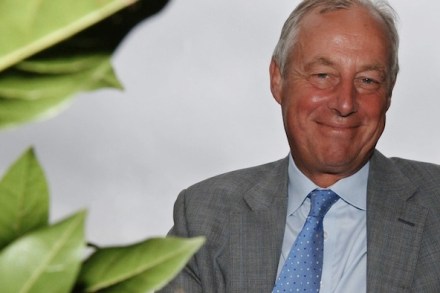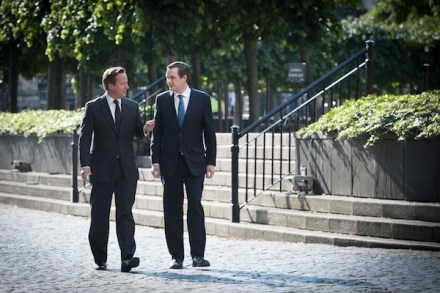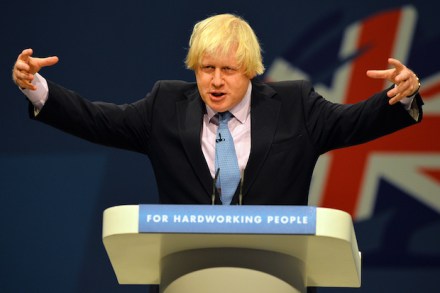Another day, another selfie crime. This time, it’s our Prime Minister, who is currently in China, where he is leading the British trade delegation. He tweeted this picture of himself with entrepreneur Jack Ma and hashtagged the word ‘selfie’: Jack Ma took a #selfie of us together, which I promised to share! #UKChina pic.twitter.com/Uhx4QCI1On — David Cameron (@David_Cameron) December 3, 2013 Dave has made the classic selfie mistake though: he’s looking at the screen, rather than at the camera (unlike Ma, who is clearly well versed in taking photos on his phone). Unfortunately, Dave can’t even claim he’s a novice. He’s taken selfies before, like the one above from the




















